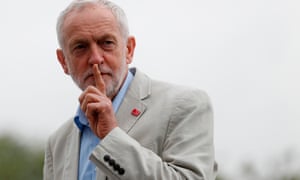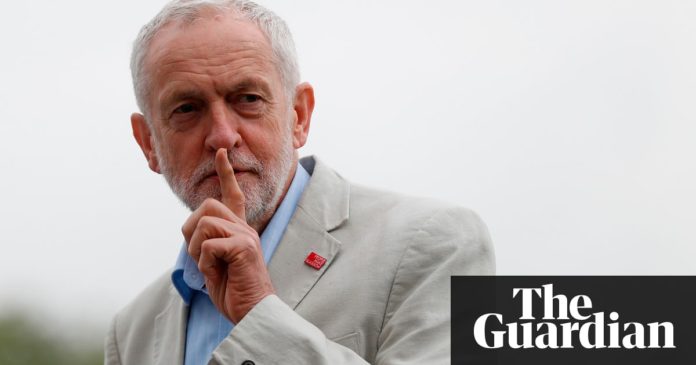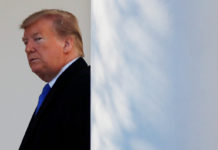
Jeremy Corbyn has told Labour MPs that a Norway-style option cannot be considered by the party, but faces a party split after rebel Lords passed an amendment to the EU withdrawal bill which would keep membership of the European Economic Area (EEA) as an option.
Speaking at a private meeting of MPs in parliament, Corbyn told them there were significant issues with the Norway-option, which could leave Britain as “rule taker” without influence at EU level. He emphasised the need to unite both leave and remain supporters, according to a senior Labour source.
What are Brexit options now? Four scenarios
Staying in the single market and customs union
The UK could sign up to all the EU’s rules and regulations, staying in the single market – which provides free movement of goods, services and people – and the customs union, in which EU members agree tariffs on external states. Freedom of movement would continue and the UK would keep paying into the Brussels pot. We would continue to have unfettered access to EU trade, but the pledge to “take back control” of laws, borders and money would not have been fulfilled. This is an unlikely outcome and one that may be possible only by reversing the Brexit decision, after a second referendum or election.
The Norway model
Britain could follow Norway, which is in the single market, is subject to freedom of movement rules and pays a fee to Brussels – but is outside the customs union. That combination would tie Britain to EU regulations but allow it to sign trade deals of its own. A “Norway-minus” deal is more likely. That would see the UK leave the single market and customs union and end free movement of people. But Britain would align its rules and regulations with Brussels, hoping this would allow a greater degree of market access. The UK would still be subject to EU rules.
The Canada deal
A comprehensive trade deal like the one handed to Canada would help British traders, as it would lower or eliminate tariffs. But there would be little on offer for the UK services industry. It is a bad outcome for financial services. Such a deal would leave Britain free to diverge from EU rules and regulations but that in turn would lead to border checks and the rise of other “non-tariff barriers” to trade. It would leave Britain free to forge new trade deals with other nations. Many in Brussels see this as a likely outcome, based on Theresa May’s direction so far.
No deal
Britain leaves with no trade deal, meaning that all trade is governed by World Trade Organization rules. Tariffs would be high, queues at the border long and the Irish border issue severe. In the short term, British aircraft might be unable to fly to some European destinations. The UK would quickly need to establish bilateral agreements to deal with the consequences, but the country would be free to take whatever future direction…










